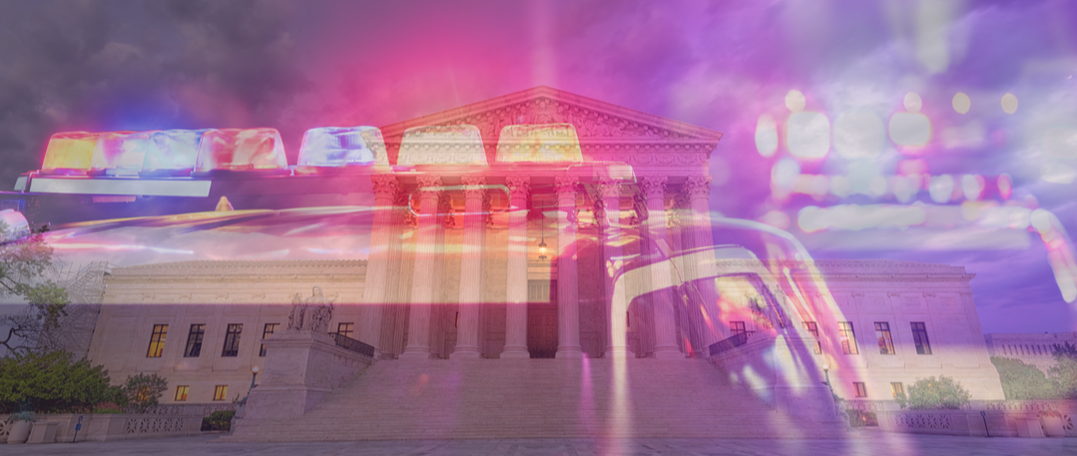|
Yesterday, the Supreme Court heard oral argument in Caniglia v. Strom, a case asking whether the police can enter a person’s home without a warrant when they are acting in a non-investigative, “community-caretaking” capacity. The limited community-caretaking exception previously has allowed the police to search impounded vehicles, but the Supreme Court has never before extended it to the home. PPSA filed a brief in this case earlier this year examining the common-law history of the Fourth Amendment’s warrant requirement and explaining that, at common law, a community-caretaking exception broad enough to allow warrantless entry into the home would have been unthinkable.
Based on the oral argument, Americans concerned with protecting the home from warrantless government intrusion have reason to be partially optimistic. Although there was plainly some disagreement between the Justices, multiple Justices expressed concern with categorically extending the community-caretaking exception to the warrant requirement for searches of and seizures from the home:
Several Justices, most vigorously the Chief Justice and Justices Alito and Kavanaugh, however, seemed highly concerned with various potential, but uncertain, emergencies that might not satisfy a strict “exigent circumstances” rule, but nonetheless seemed like reasonable warrantless searches to them. The examples pressed involved the elderly who may have fallen or otherwise injured themselves as well as potential suicide risks. Where you cannot be sure an emergency exists, but there is a fear that it might. Given the Justices’ voiced concerns over limiting the doctrine, it seems likely that, even if the Court were to expand the community-caretaking exception to the home in some cases involving risks to the elderly, children, or potentially suicidal individuals, it would may provide some limiting guidance to stop the exception to the warrant requirement from overrunning the rule when it comes to the home. As PPSA explained in our brief in this case, however, even a narrow expansion of the exception to the home would pose grave concerns for privacy and deviate from the common law. Most notably, anything the police see in a person’s home while lawfully acting as caretakers could be used in criminal proceedings against them under what is known as the plain-view doctrine. And the concerns over health and safety of persons in the home can more than adequately be addressed through the historically grounded exigent circumstances doctrine or simply by getting a warrant in cases of genuine concern. We hope the Court here continues its longstanding practice of looking to the common law by requiring the government to obtain a warrant before entering a home in all but the most extreme cases. Only by declining to extend the exception to the home will the Court be able to preserve the home’s centuries-old protections. PPSA will report on the Court’s opinion, expected by June. Comments are closed.
|
Categories
All
|


 RSS Feed
RSS Feed